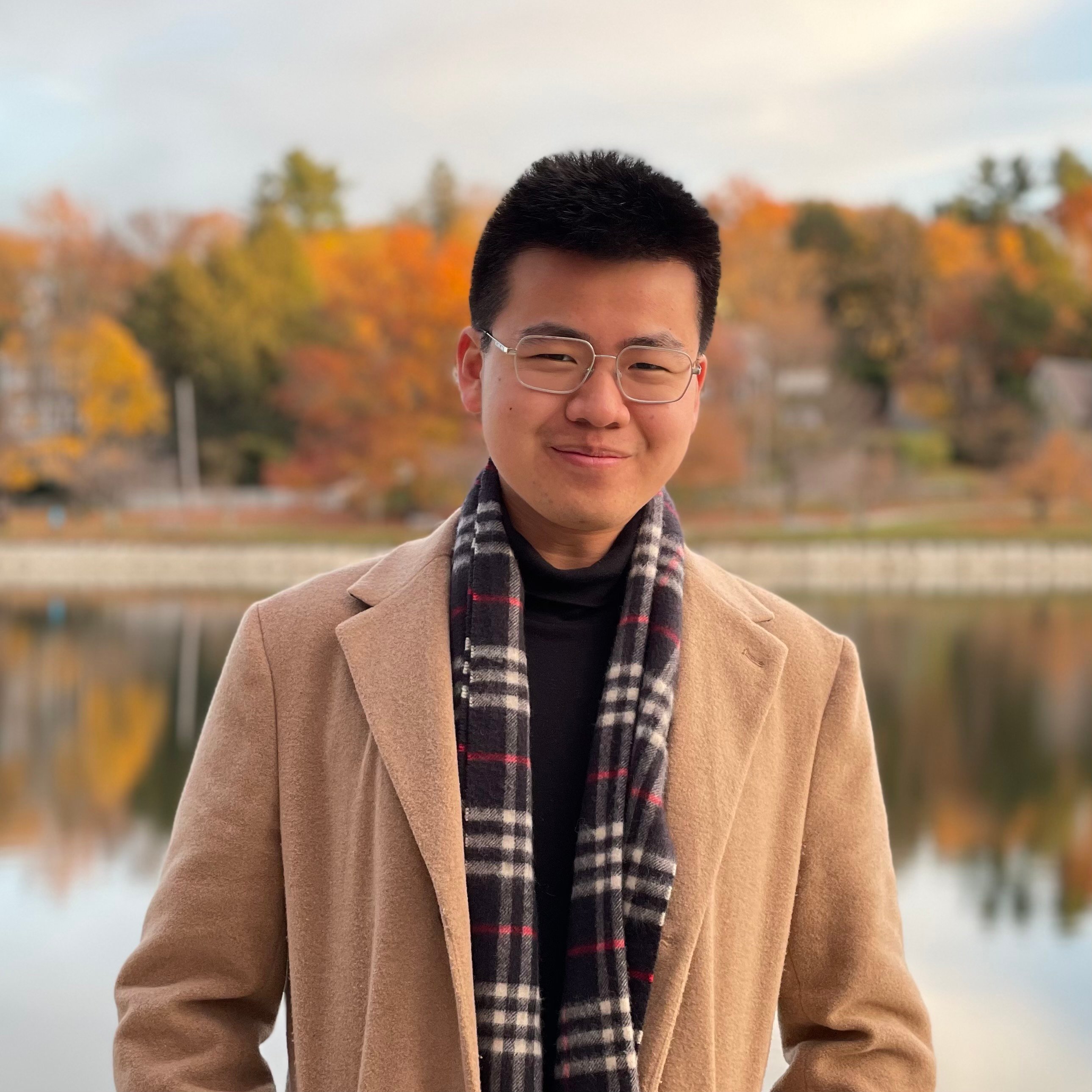Brown University requires three specific essay questions for first year and transfer applications. Each of these questions provides an opportunity to demonstrate how you might benefit from and contribute to the Brown community.
The first question is about Brown’s Open Curriculum.
It will ask you how you, the application, might use the Open Curriculum to pursue your academic interests while also embracing new topics. You will have up to 250 words for this brief response.
This question is the most formulaic of the three asked. Applicants can tackle it in one of two ways depending on where they are in terms of identifying their academic interests. Some applicants are already very focused on a few particular passions. They might have already demonstrated interest in these passions throughout their high school careers and in their extracurricular activities. For these students, it will be straightforward to write about how Open Curriculum will provide a wonderful opportunity to dive right into what interests them the most.
What’s critical for these students to remember is this: the intention of Brown’s Open Curriculum is not to let students ‘bypass’ general education requirements. The admissions committee will not necessarily look favorably on essays that talk about the excitement of never having to take a math class, or a history class, ever again. Instead, applicants should write in a more positive angle by highlighting potential classes outside of their existing interests and comfort zone.
Other applicants might be going into the college process still deciding on where they want to focus their college education. For these students, Brown and its Open Curriculum can also provide wonderful opportunities. When writing this first essay, students in this group will do well by researching the various ‘concentrations’ offered at Brown, and demonstrate how exploration in one or multiple areas may contribute to an interdisciplinary education.
All applicants should remember this: Brown’s vision for their Open Curriculum is to foster a uniquely interdisciplinary educational experience. Part of the question is about “embracing topics with which you are unfamiliar.” The school will not want to hear that a prospective computer science major is going to “take advantage of the Open Curriculum by only taking courses in the CS department.” Students who understand the interdisciplinary preference of Brown’s education will do well by highlighting how their own passions fit the freedom afforded by the Open Curriculum.
The section question is all about how the applicant engages with disagreements on challenging ideas, values, and perspectives.
The question will ask about a specific time when you were challenged by a perspective different from your own. You will have up to 250 for this brief response.
Many schools may ask this question, and the answer to Brown’s should be no different. Students may draw from any experience, formal or informal. The more important aspect is to choose a disagreement that holds some gravity. While the debate of whether pineapple belongs on pizza or not is certainly important, this question is looking for something more serious.
Students will do well to remember this: the best answer to this question does not require you to write about when you successfully persuaded, convinced, or won someone over to your side. In fact, that kind of answer might actually be detrimental to this question.
What this question is really asking is how you deal with seemingly irreconcilable differences on very challenging topics. In such a situation, did you look for common ground, or did you look to clearly define your differences? Did you seek to approach the disagreement directly or look to de-escalate and steer the conversation elsewhere? Once you’re responding to these questions, there’s no right answer, and you should be truthful to how you approach these situations. However, it’s important to demonstrate that you are an individual that can maturely navigate situations where there are differing perspectives.
The third question is the most open ended: whether big or small, mundane or spectacular, tell us about something that brings you joy.
You will have 250 words to write this response. This is really the place to let your personality shine on your application.
There will be gleans of your personality and who you are like as an individual throughout your application - in your personal statement, in your other supplemental activities, in your extracurriculars. However, this is a place where you can go off the beaten track and address anything that could not have been naturally brought up in other areas of your application. Because this question is so open ended, here are some various starting points:
For example, I personally wrote about my enjoyment of a particular video game, and the virtual community and joy it brought me after long schooldays. Many students, like me, may use this space to subtly talk about their connection to a specific community while highlighting one of their hobbies.
Other students may share something that’s more of an individual experience. Perhaps it can be a specific topic of interest that was not covered in school that the student looks forward to exploring in depth through the Open Curriculum.
Some applicants find this to be an opportunity to really add depth to their application. For instance, a student’s essays and extracurricular activities might have Debate, Model UN, and other political science related activities. It could be that they have an interest that might be completely unexpected for people reading the application materials - it could be a skill like baking, a sport or hobby, etc.
Writing about a ‘space’ can also be a way to demonstrate community and the perspective a student might bring to campus.
Finally, some students might have unique skills that brings them pride and joy, and this could serve as an opportunity to share them.

Comments